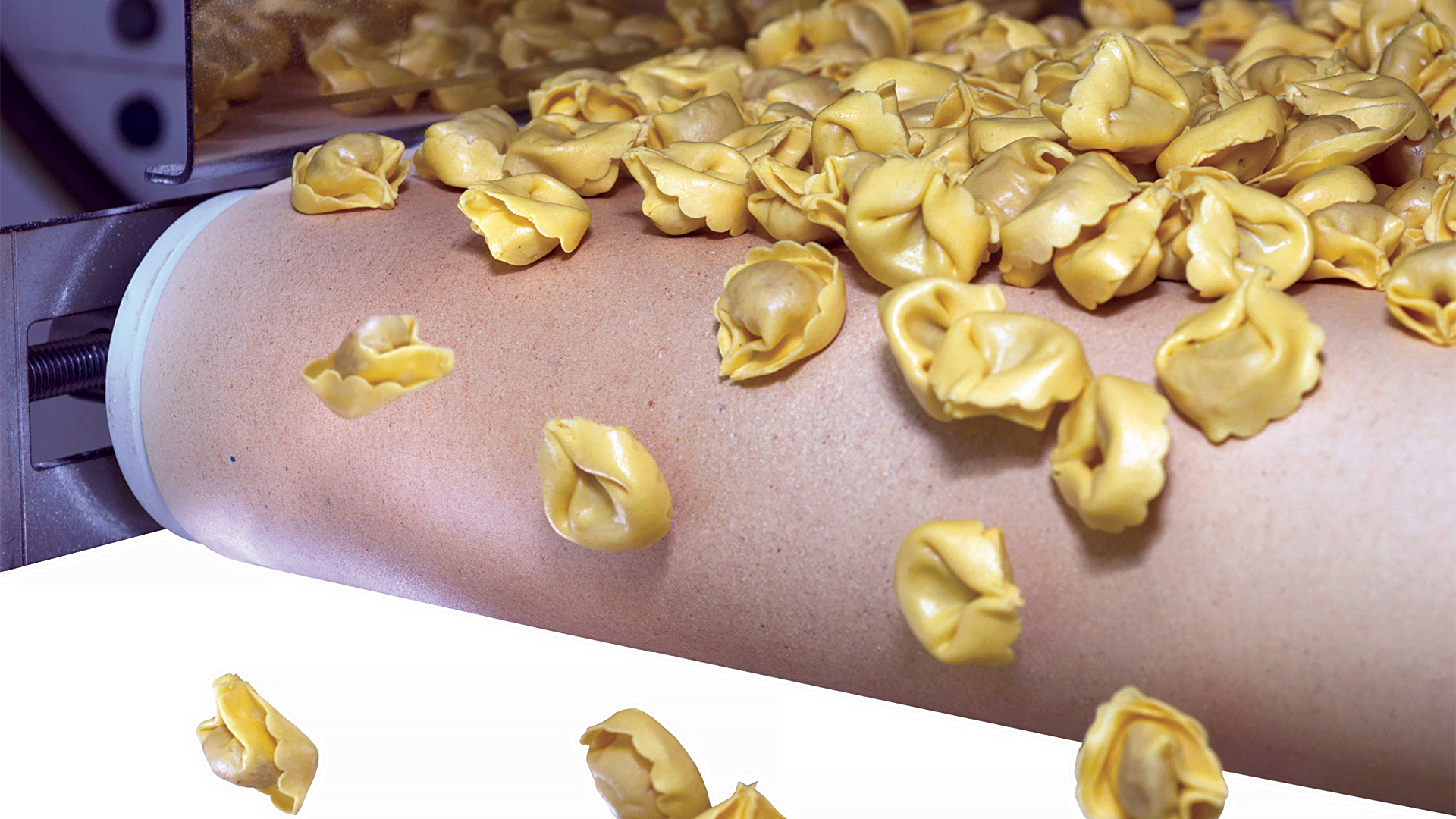Food-Processing Lubrication Training
Learn the fundamentals of safe food-processing
Food-Processing Lubrication focuses on understanding the FSMA, how it impacts your lubrication program and the lubricants used. Participants will also learn how to conduct an HACCP review, develop a risk-based prevention control plan and ensure compliance with the law.
Watch the VideoCourse Availability
-
Studio Recordings
Available 24/7
Training Overview
- Access Length: 365 days (Custom packages available)
- Training Length: 2.5 hours (quiz included)
- Prerequisites: None (Who should take this training?)
- Course Flyer: Download (PDF)
$279
Per seat

Critical food-processing equipment lubrication tasks
Get your operators trained in just a few hours
This course focuses on understanding the FSMA, how it impacts your lubrication program and the lubricants used. Participants will also learn how to conduct an HACCP review, develop a risk-based prevention control plan and ensure compliance with the law.
What you’ll learn
- How to develop a plan for assessing current food-grade lubricant use
- Learn about the Hazard Analysis and Critical Control Points (HACCP)
- How to develop compliant standard operating procedures
- Learn about the various food-grade lubricant requirements
- Learn about the biological, chemical and physical risks outlined in FSMA
- Learn what to Know and how to prepare for an FDA inspection
Who should take this training?
When it comes to the lubrication and lubricant contributions to FSMA, facilities need to implement, follow and maintain several procedures to ensure compliance. For this reason, those managing maintenance or lubrication teams as well as technicians and operators handling lubrication-related tasks should take this training.
Maintenance, Reliability, and Operations staff also need to understand the various contamination types (biological, physical and chemical threats), and the value of proper lubricant storage and handling with a clear lubricant identification system.
Job Title or Role |
Top Benefit |
|---|---|
| Operator, Lube Tech (Lubrication Technician) | Learn best practices for daily tasks |
| Inspector | Uncover more actionable insights |
| PdM Technician, Reliability Engineer, Maintenance Engineer | Improve data-driven decision-making |
| Reliability Manager, Maintenance Manager | Identify program gaps and opportunities |
Contact a Noria expert today
Frequently asked questions
Does this training cover FSMA, HACCP, and HARPC?
Yes—when the Food Safety Modernization Act (FSMA) was enacted in 2011, manufacturers contributing to the creation of food, pharmaceuticals and dietary supplements were mandated to implement systems and controls that specifically address the hazards which impact the safety of the food supply. This new law puts the burden on the individual company’s CEO and board of directors to ensure that the food produced is safe. The implementation of the Hazard Analysis and Critical Control Points (HACCP) and the Hazard Analysis and Risk-Based Preventive Controls (HARPC) emerged as primary guiding principles, shifting the focus on responding to contamination in the U. S. food supply to prevention.
How long will I have access to the training?
Using our online learning portal at learn.noria.com, you will be able to access any Task-Based Trainings you have purchased for 90 days (or longer if you purchased a custom enterprise package).
Other courses you may be interested in
-
Machinery Lubrication I
Machinery Lubrication I (ML I) provides the foundation of lubrication knowledge. Learn proven industry methods for selecting, storing, filtering and testing lubricants to boost reliability and generate lasting results in machine efficiency/maintenance.
-
Oil Analysis II
Learn oil sampling best practices, how to identify improper additives or depletion, common contaminants, wear particles/faults and more.
-
Machinery Lubrication Engineer
Go beyond the traditional lubricant and lubrication subjects and undertake a holistic approach toward developing, implementing and managing a world-class lubrication program.

